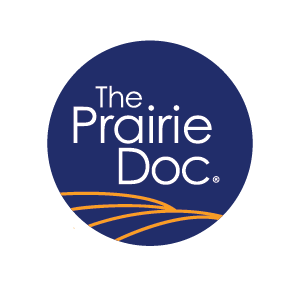Early intervention

It has been a few years since my children were babies! Having spent my youth as a babysitter and a career in pediatrics, I was pretty comfortable in watching the developmental of babies, toddlers and young children. ( Teenagers are another story for another day!!) That isn’t always the case for young parents who may not have experience with this age group.
Babies develop in a somewhat predictable fashion. As you think of a newborn, you might think of the poor neck control which changes drastically over the next few weeks to months. Perhaps you think about the cooing, babbling and words that may start in the 8-10 month time frame.
As the parent, grandparent or care provider It is important to know the basic milestones so that you will be aware of a child who may have developmental delays and may need assistance. Early intervention is a system of services that helps babies and toddlers with developmental delays or disabilities. Early intervention focuses on helping eligible babies and toddlers learn the basic and brand-new skills that typically develop during the first three years of life, such as:
- physical (reaching, rolling, crawling, and walking);
- cognitive (thinking, learning, solving problems);
- communication (talking, listening, understanding);
- social/emotional (playing, feeling secure and happy); and
- self-help (eating, dressing).
The Grants for Infants and Families program (Part C) awards formula grants to the 50 states, District of Columbia, Puerto Rico, the Department of the Interior, and Outlying Areas to assist them in implementing statewide systems of coordinated, comprehensive, multidisciplinary, interagency programs and making early intervention services available to children with disabilities, aged birth through two, and their families. Under the program, states are responsible for ensuring that appropriate early intervention services are made available to all eligible birth-through-two-year-olds with disabilities and their families, including Indian children and families who reside on reservations geographically located in the state.
(Center for Disease Control- CDC- Early Intervention website)
To help monitor a child’s developmental milestones, the CDC has put out a free development tracker app. The app offers photos and videos to guide you. This is an excellent way to follow your child’s progress and intervene if needed. The earlier the intervention, the better for the child.
If you have concerns about your child’s development, speak to your primary care provider who will help you with a referral for services.
Joanie S. Holm, R.N., C.N.P. is co-founder and president of Healing Words Foundation that supports Prairie Doc® programming. Follow The Prairie Doc® at www.prairiedoc.org and on Facebook featuring On Call with the Prairie Doc® a medical Q&A show providing health information based on science, built on trust for 21 Seasons, streaming live on Facebook most Thursdays at 7 p.m. central.






